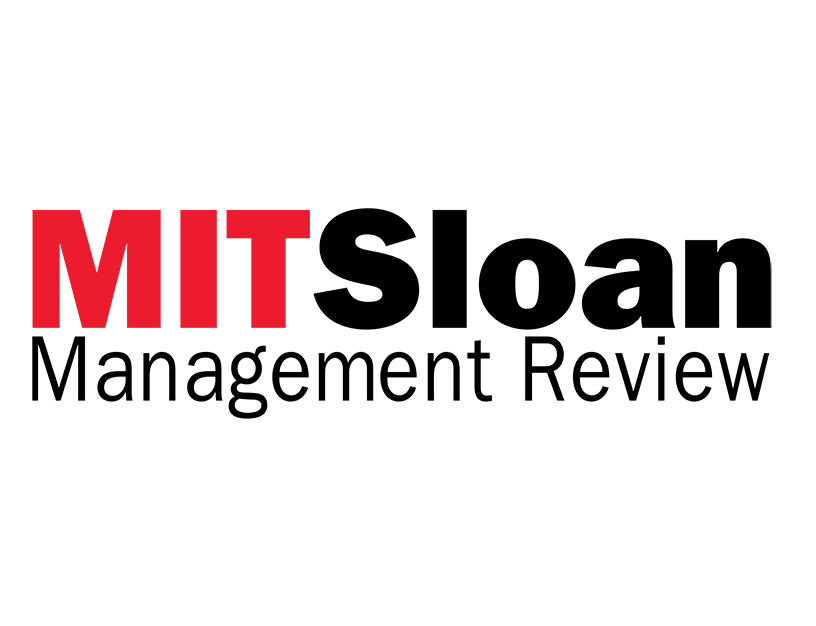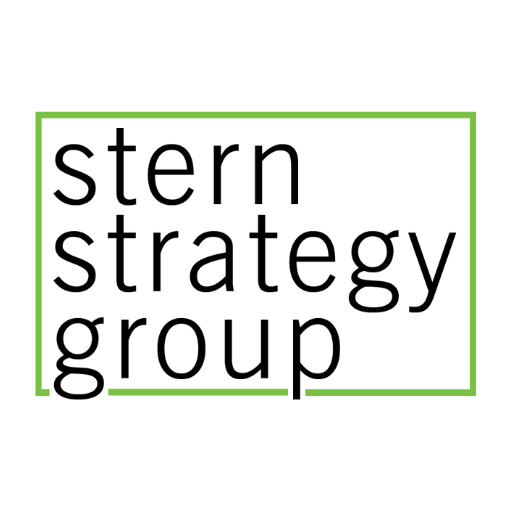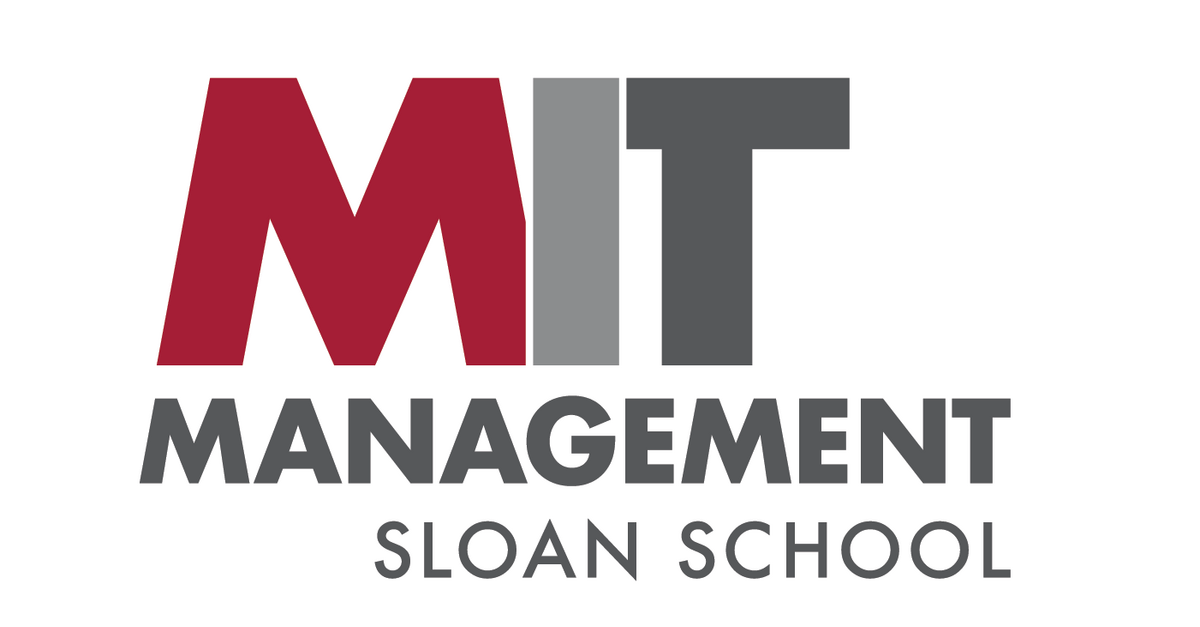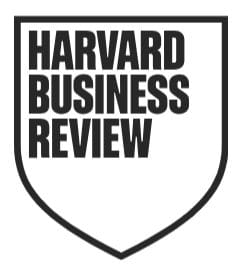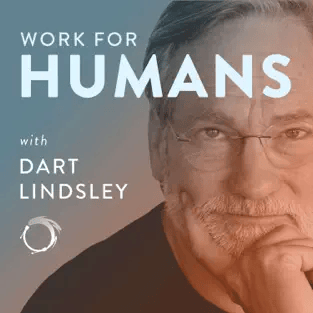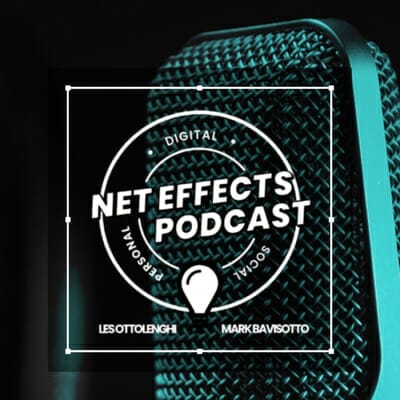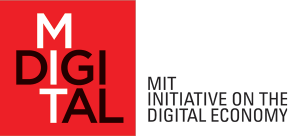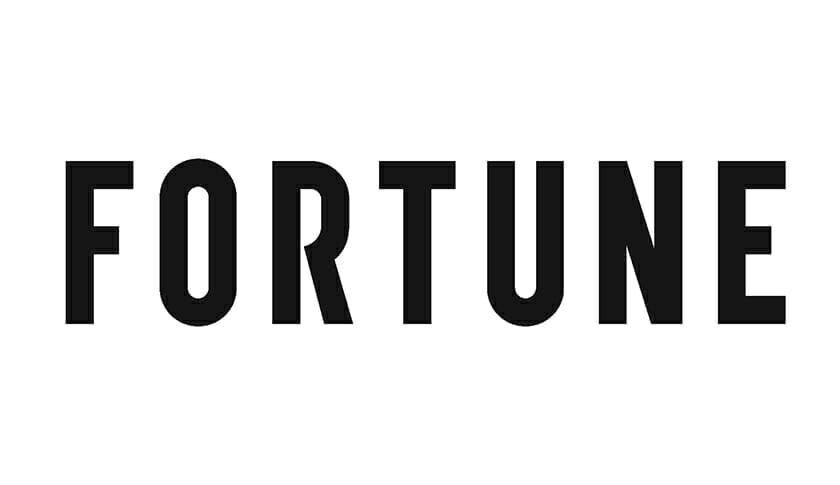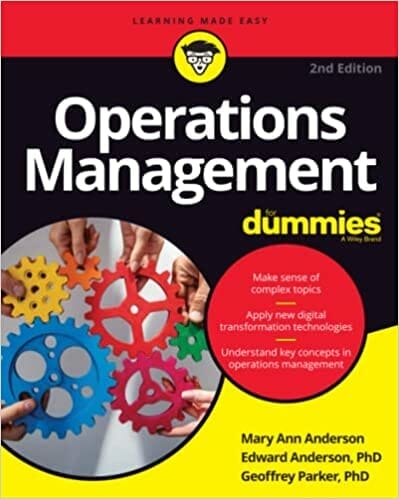Videos
Learn More About Geoff Parker
With the constant introduction of new technologies like generative AI and AI-powered platform business models, organizations spend a lot of money trying to get things done with technology to climb out of “tech debt.” Companies pour resources into fixing specific problems but ultimately fall short of properly maximizing their investments. According to Dartmouth College professor Geoff Parker, Ph.D., firms need a more holistic “tech refresh.”
“There’s a broader system-wide view that has to be taken into account,” explains Parker, who is director of Dartmouth’s Arthur L. Irving Institute for Energy & Society, as well as the Charles E. Hutchinson ’68A Professor of Engineering Innovation and executive director of the Master of Engineering Management Program – Technology. “That will allow you to identify investments you don’t want to make, ones you need to make, as well as investments that will be shared across different projects.”
Named one of Thinkers50’s top 50 management thinkers in the world in 2021 and 2023, Parker is an expert on digital transformation and data product management. An engineer and computer scientist by training, he is uniquely qualified to help organizations identify technology redundancies and coordinate investments in tech updates in ways that will clearly show costs and trade-offs.
Supercharge Product Management With Generative AI
As organizations look to further leverage technology to reduce costs, generative AI is increasingly becoming a vital tool for managing data. So important, says Parker, that implementing generative AI into an organization’s product management process is no longer a matter of “if” and “when,” but “how”.
Investigating the current and future impacts of generative AI, Parker insists that organizations need a data product management function. He explains that leaders who see AI, especially generative AI, as an “either/or” prospect between the technology and their employees are thinking about it all wrong. First, managers must understand the technology.
“Organizations will be able to spend less and solve more problems if the senior leadership team felt empowered to use AI,” he explains. “Understanding generative AI and its implications allows organizations to build it into their foundation to stay relevant and up to date.”
With practical strategies and tools for training employees on these new systems, Parker’s framework for taking a fresh view of data product management through the lens of AI allows leaders to ask better questions about technology, shifting the “either/or” framing to “AI and”.
Bring Platform Success to the Next Level by Connecting Businesses
After the dotcom bust of the early 2000s, Parker, the bestselling co-author of “Platform Revolution: How Networked Markets Are Transforming the Economy and How to Make Them Work for You” (2016), observed the swift rise of platform-based businesses like Amazon, Google and Facebook – companies that use technology to connect people, organizations and resources in an interactive ecosystem in which amazing amounts of value can be created and exchanged.
While some of the most recognizable platform businesses like YouTube and LinkedIn are consumer-focused, through his current research with the MIT Initiative on the Digital Economy, Parker says a shift is coming. Pointing to companies like Salesforce and SAP, he calls B2B platforms “the next emerging area for platform competition.”
“Platforms have become an incredibly powerful, lucrative and important phenomenon across the global economy,” explains Parker, a highly sought-after advisor to senior leaders on their organization’s platform strategies. “Product-based businesses that have not yet converted to a platform model may realize the opportunities they are missing by asking themselves, ‘do we want to make money by selling stuff or by facilitating transactions?’”
He explains that currently, while many organizations in the business-to-consumer (B2C) sector have become adept at leveraging platforms to boost success, their business-to-business (B2B) counterparts are struggling to do the same, with a key factor being cost.
“Network effects work very differently in the business-to-business environment,” explains Parker. “Business-to-consumer platforms solve for transaction costs. However, B2B platforms are solving for both transaction costs and high cross-industry coordination costs, requiring a different approach to build and manage.”
With deeply researched insights and frameworks for understanding the inner workings of platform businesses, Parker provides executives with expert guidance on building revenue-generating B2C and B2B endeavors with today’s top technology.
As businesses embark on digital transformation initiatives such as the product to platform transition, the creation of a data product management function and the implementation of generative AI, Parker urges leaders to recognize the fact that, more and more, value creation is coming from outside of firms, not inside. By linking different sides of customer networks – such as audiences and advertisers – and embracing the “inverted firm” production model, executives can employ powerful new forms of modern value creation.
“By closing their own gaps in digital literacy, leaders can take control of their organization’s destiny without exposing internal strategy,” Parker explains. “To effectively harness technology and make use of data to successfully deliver value, you have to know what you don’t know.”
###
Geoff Parker, Ph.D., is the Charles E. Hutchinson ’68A Professor of Engineering Innovation and executive director of the Master of Engineering Management Program at Dartmouth College’s Thayer School of Engineering. He is also a visiting scholar and research fellow at the Massachusetts Institute of Technology (MIT) Initiative for the Digital Economy. He co-founded and serves as co-chair of the MIT Platform Strategy Summit, and in 2020, he was named a POMS Fellow by the Production and Operations Management Society – a lifetime achievement award. He previously served as director of the Tulane Energy Institute and on the General Electric (GE) Africa technical workforce advisory board.
Parker has made significant contributions to the field of network economics and strategy as co-developer of the theory of “two-sided” markets. His current research includes studies of distributed innovation, business platform strategy and technical/economic systems to integrate renewable energy.
HBR pieces that Parker either authored or co-authored have been included in multiple “Must Read” compilations, including; HBR’s 10 Must Reads on Platforms and Ecosystems (2020), HBR’s 10 Must Reads on Strategy, Vol. 2 (2020), HBR’s 10 Must Reads on Business Model Innovation (2019), HBR’s 10 Must Reads 2017, and HBR’s 50 Best-Selling Articles.In addition, he was a 2021 co-recipient of the Anti-Trust Writing Awards along with co-author Marshall Van Alstyne. Parker and Van Alstyne’s work was recognized by Thinkers50 in 2021 and 2023 when they were named among the top 50 management thinkers in the world and in 2019 when they won the Digital Thinking Award.
A frequent speaker at industry events and academic conferences, Parker’s research has been funded by grants from the National Science Foundation, the Department of Energy, the Alfred P. Sloan Foundation and multiple corporations. He also serves or has served as a department or associate editor at various journals and as a National Science Foundation panelist. Parker co-authored the bestselling book “Platform Revolution: How Networked Markets Are Transforming the Economy and How to Make Them Work for You” with Van Alstyne and Sangeet Paul Choudary.
Parker earned an undergraduate degree in electrical engineering and computer science from Princeton University, a Master’s in engineering (Technology and Policy Program) from MIT, and a Ph.D. in management science from MIT.
Geoff Parker is available to advise your organization via virtual and in-person consulting meetings, interactive workshops and customized keynotes through the exclusive representation of Stern Speakers & Advisors, a division of Stern Strategy Group®.
Learn to Supercharge Product Management With Generative AI
Implementing generative AI into an organization’s product management processes is no longer a matter of “if” and “when,” but “how”. Helping leaders accomplish this is Dartmouth professor of Engineering Innovation Geoff Parker, Ph.D. According to Parker, organizational leaders who see AI, especially generative AI, as an “either/or” prospect between the technology and their employees are thinking about it wrong. In this presentation, he provides audiences with powerful strategies for understanding generative AI and its implications, tools for training employees on these new systems, and methods for building AI into an organization’s foundation to stay relevant and up to date. Attendees will leave with a practical framework for taking a new view of product management through the lens of AI and will be empowered to ask better questions about technology, shifting the “either/or” framing to “AI and”.
Unlock B2B Platform Success
Many organizations in the business-to-consumer (B2C) sector have become adept at leveraging platforms to supercharge success, but their business-to-business (B2B) counterparts are struggling to do the same. According to Dartmouth professor of Engineering Innovation Geoff Parker, Ph.D., B2B platforms have been held back thus far due to much more variation and considerably higher integration costs that require a different approach than B2C platforms. In this revealing session, Parker will outline the four different types of B2B platforms and what makes each unique. Following this presentation, audiences will be able to return to their organizations with an accessible framework designed to help B2B platforms of all types succeed in effective new ways.
Why your Organization Needs to Include Digital Transformation in their Platform Journey
Many organizations get excited by the opportunities to leverage platform business models to reach new markets, serve existing customers more efficiently, and create new value-adding transactions. The challenge is that firms frequently find themselves saddled with legacy technology infrastructures that are not ready to power their platform ambitions. In this informative session, Dartmouth professor of Engineering Innovation, Geoff Parker, Ph.D., will outline the necessary steps toward a platform journey. These include first developing a modern technology infrastructure, often cloud based, to provide efficient access to data and shared services across the organization. Firms often think this is enough but struggle to realize value from their technology investments. Parker will show that firms need to implement the organizational change to develop their platform operating model to deliver value using their infrastructure. Once these steps have been implemented, firms are then ready to transition to platform business models. Parker details metrics at each stage that will help firm focus on what matters and avoid the “liars club” that results from over emphasizing financial metrics such as ROI.
Why Your Organization Needs a Data Product Management Function
As businesses increasingly recognize the value of platforms, how can leaders ensure their organization is optimally managing the product to platform transformation process? According to Dartmouth professor of Engineering Innovation, Geoff Parker, Ph.D., organizations need data product management function, and the C-Suite and data scientists need a common language and clear communication. With detailed research and case studies, Parker walks audiences through understanding data as a product and the importance of focusing on small investments, rapid experimentation and the creation of optionality. Attendees will learn what questions should be asked and the types of discussions their teams should be having.
How to Monetize a Platform
Many non-platform businesses are unaware of the revenue opportunities they are missing out on by not converting to a platform model. And even platform-based businesses may not be fully optimizing their profit potential. Dartmouth professor of Engineering Innovation Geoff Parker, Ph.D., developed some of the original math behind two-sided markets and his co-authored Harvard Business Review article on the subject is a popular classic as well as an all-time HBR top 50 article. In this talk, Parker draws back the curtain on the endless revenue opportunities and efficiencies platforms offer and teaches methods for leveraging third-party users to build on those profits and efficiencies – opportunities absent from traditional business models.
The Right Way to Build a Platform
IT professionals can significantly contribute to growth by helping firms with traditional business models transition to a platform model. But building a successful platform requires knowing what components are necessary. Where do you start? How do platforms go viral? How do you engineer network effects? How do markets work? During this presentation, Dartmouth professor of Engineering Innovation Geoff Parker, Ph.D., teaches participants how growth and matching are done properly and offers up tools and frameworks for optimizing efficiencies and profitability within platforms.
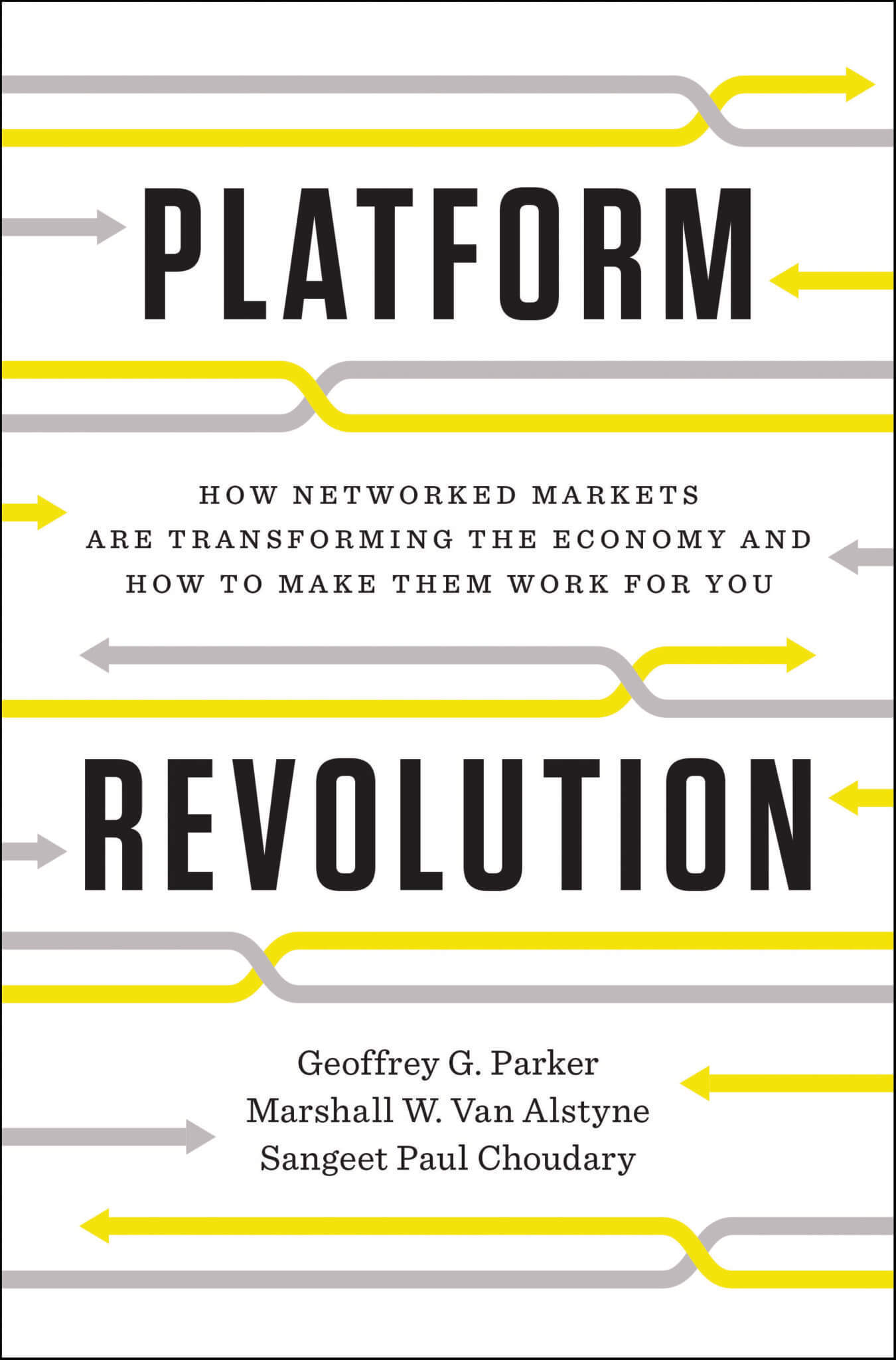
Platform Revolution: How Networked Markets Are Transforming the Economy - and How to Make Them Work for You
(W. W. Norton & Company, March 2016)
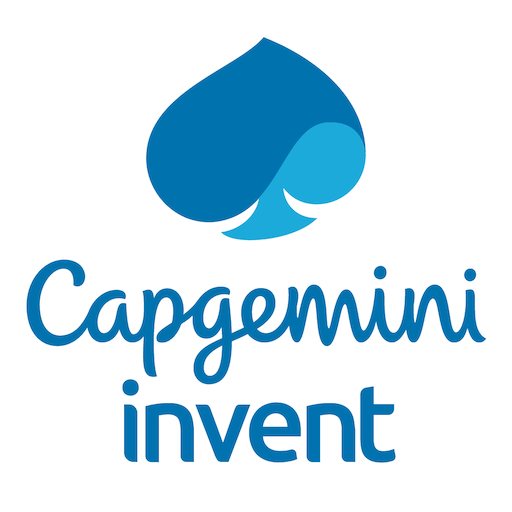
B2B Platforms – Paving the Way to Success
(Capgemini Invent x MIT Initiative on the Digital Economy, October 2022)

Electric Vehicles Are a Platform Business: What Firms Need to Know
(California Management Review, July 2022)
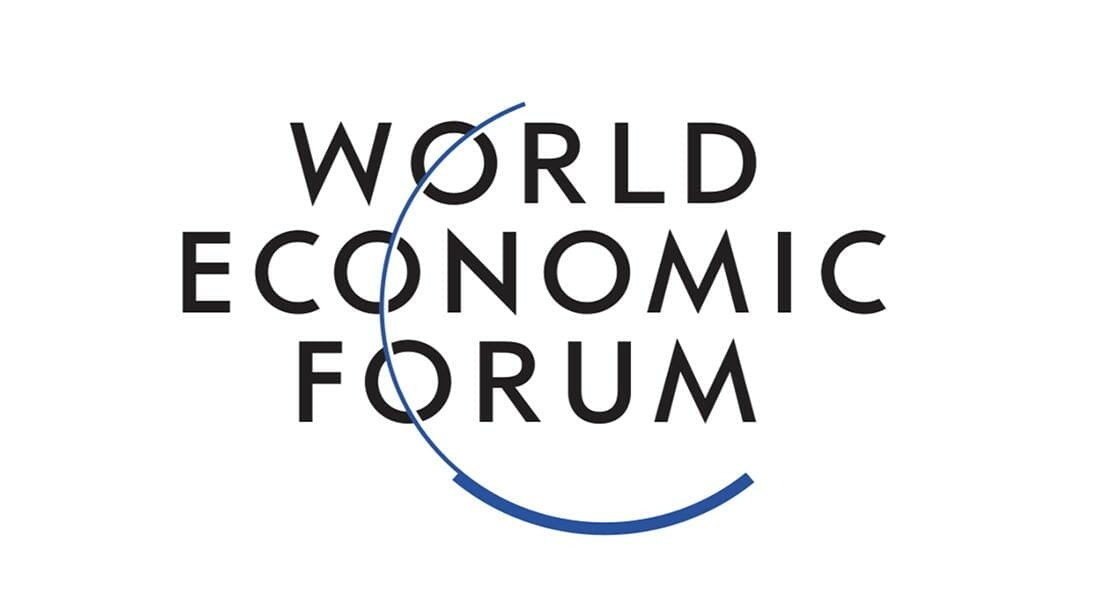
Unlocking Business Model Innovation through Advanced Manufacturing
(World Economic Forum, January 2022)

Digital Platforms and Antitrust
(The Oxford Handbook of Institutions of International Economic Governance and Market Regulation, January 2022)

The EU Digital Markets Act: A Report From a Panel of Economic Experts
(Publications Office of the European Union, 2021)

Winning the Race for Survival: How New Manufacturing Technologies are Driving Business-Model Innovation
(World Economic Forum, May 2020)
Dartmouth Professor of Engineering Innovation Geoff Parker is a leading expert on digital transformation and leveraging data. Co-author of 2016’s groundbreaking, bestselling book, “Platform Revolution: How Networked Markets Are Transforming the Economy and How to Make Them Work for You,” he’s a valued advisor to leaders of B2B and B2C organizations who are embarking on digital transformation initiatives and contemplating large-scale digital investments. An expert on facilitating productive communication and coordination between operations, IT and the C-suite, Parker helps organizations harness potential and achieve digital literacy. Parker is available to discuss any or all the following topics during one-on-one or small group advisory meetings. Each program can be customized to meet the needs and goals of your organization with the added option of meeting virtually or in person.
- The Platform Revolution
- Why Your Organization Needs a Data Product Management Function
- Supercharge Product Management With Generative AI
- Creating a Data-Driven Supply Chain
- Achieving Digital Literacy
- The Upcoming Explosion of B2B Platforms
- Using Platforms and Data to Track Compliance
- Why is Healthcare Tech Behind in the Platform Revolution?
Platform Design, Management and Strategy
Firms like Amazon, Facebook, Kloeckner Metals, SAP and Siemens manage ecosystems in which third parties add value. In this interactive workshop, platform strategist Geoff Parker will explain how platform firms operate, disrupt incumbents and modify traditional rules of strategy. He begins by explaining the value and possibilities inherent in a platform model, then works with participants to break down their current business models. Along the way, Parker offers practical, understandable frameworks and opportunities to ask questions.
Praise for "Platform Revolution"
“Thorough and often provocative.”
“An authoritative guide to the role of online platforms: what they are, how they work, and what they mean for business and economics. Platform Revolution demystifies the concept by providing clear prose, insightful examples, and practical lessons.”
“Platforms have transformed the economy over the last two decades, but the biggest effects are yet to come. Platform Revolution provides the first comprehensive framework for platform strategy and for predicting the winners and losers of future disruptions.”
“Platform Revolution is a manual for the disruption of your industry. You can either read it or try to keep it out of the hands of your competitors―present and future. I think it’s an easy call.”
“Platform Revolution provides an exceptional synthesis of cutting-edge research that makes it must-reading for my MBA students. A key insight is that platform strategies can benefit all participants when they understand the underlying economics. Read the book and share it with your business partners. You’ll be glad you did.”
“In a very cohesive and comprehensive way, the authors provide deep conceptual insights and rich practical advice on platforms, the most important business organizations of our time.”
“In the digital economy, platforms are transforming industries at high speed. Platform Revolution is an inspiring guide for business leaders to transform existing businesses to platform businesses.”











